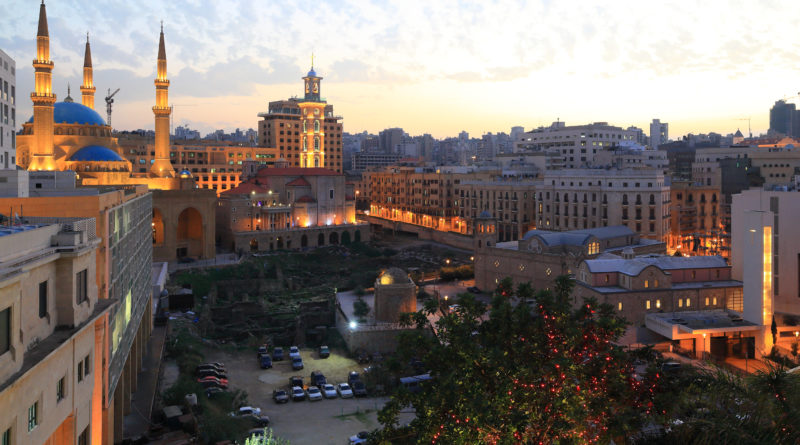Beirut Explosion: Lebanese President Says There’s a “Possibility of External Interference”
13,392 total views, 1 views today
Lebanese President Michel Aoun said to local media on Friday that an investigation into Beirut’s devastating explosion that occurred on Tuesday will determine whether it was caused by a bomb or external interference.
On August 4, a massive eruption in Beirut sent shockwaves throughout most of the capital city. The blast is estimated to have killed 154 people and injured more than 5,000 people. Many people are still missing. Beirut’s governor, Marwan Abboud, estimates that the explosion’s damages may be up to $15 billion and that about 300,000 homes are uninhabitable.
An investigation determined that a fire triggered the explosion, caused by 2,750 tons of ammonium nitrate. Aoun previously admitted the highly explosive material was stored in unsafe conditions for years in Beirut.
According to state media agency Lebanese National News (NNA), at least 16 employees of Beirut’s port have been detained in an investigation. According to emails and public court documents, government officials knew about a shipment containing ammonium nitrate that had been confiscated by Lebanese authorities. The dangerous chemical was stored for six years in a warehouse at the port.
Lebanon’s ambassador to Jordan, Tracy Chamoun, said in a televised statement that she is resigning in protest against Beirut’s “state negligence, theft, and lying.” Another Lebanese official, lawmaker Marwan Hamadeh, resigned on Wednesday as well.
French President Emmanuel Macron visited Beirut on Thursday and was met with a crowd of upset Lebanese people demanding a revolution. Many pleaded for help and called for the end of corrupt Lebanese officials. In Beirut’s Gemmayzeh neighborhood, Macron responded by declaring a “new political pact.” While speaking to reporters at the French ambassador’s house in Beirut Residence des Pins, Macron said France was organizing an “international conference” to help raise support for Beirut. He promised the funds would be handled with transparency and directly provided to the local population.
Hours after Macron left Gemmayzeh, Justice Minister Marie-Claude Najm attempted to visit but was driven out by protesters. Protesters angry with their government officials chanted “revolution” and “resign.” Eventually, Lebanese security forces fired teargas at, and injured, protesters in central Beirut. According to the NNA, some of the protesters gathered near Beirut’s parliament were wounded.
Earlier this week, President Donald J. Trump called the explosion a “terrible attack.” However, U.S. Defense Secretary Mark Esper said that most officials believe it was an accident.
Thursday night’s demonstration could soon reignite more protests and angry social media posts about Lebanese officials. Prior to the recent explosion, Lebanon’s most recent protests occurred in October, but they were halted by economic hardship and the novel coronavirus. On the same day as Macron’s visit, Lebanon recorded 255 COVID-19 cases – the country’s highest single-day infection tally to date.
Despite the explosion’s destruction and the possibility of external interference, Lebanese people have shown solidarity with each other in the aftermath. Business owners have made offers to repair doors, paint-damaged walls, and shattered windows entirely for free.

